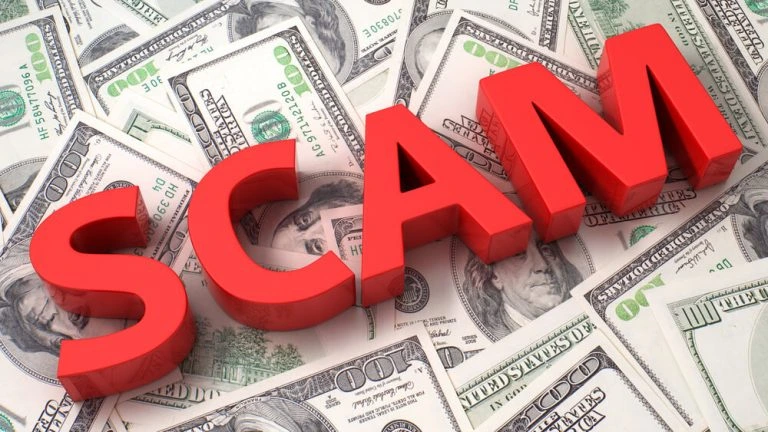Does Mandatory Treatment Work?
Addiction, of all kinds, is a disease of the brain. When a person with addictive traits takes a legal or illegal drug, it doesn’t take long before their tolerance to the drug grows and the disease is recognized. When a person is suffering from drug dependency, he or she will have family issues, difficulty on the job, poor health, financial troubles, and legal problems. Sometimes a judge will order an addict to seek help as part of a plea deal, but does mandatory treatment work?

In What Circumstances Does Mandatory Treatment Work?
Does Mandatory Treatment Work?
Does mandatory treatment work? The answer is yes. Research studies conducted by the National Institute on Drug Abuse (NIDA) and the U.S. Department of Veterans Affairs (VA) determined that individuals entering a treatment program by a court mandate had a similar rate of success as those entering voluntarily. Depending on the substance being abused, there is a period of time required to detox and go through rehabilitation. When the person completes rehab, the mind is much clearer, goals have been set, he or she may have been reunited with loved ones, ongoing therapy, and support group meetings are available to help the recovering addict stay clean from drugs or alcohol. Does mandatory treatment work for everyone? No. There will be some who relapse whether they attend an addiction treatment program by mandate or on a voluntary basis. Does it mean they will never recover? No. Some people may relapse and require treatment again, especially if there is no personal support for them when they return to normal life.
Mandated Treatment Definition
The U.S. Department of Justice (DOJ) conducted a survey showing that drug-related crimes, in both federal and state inmate populations, are approaching twenty-percent. Many crimes are committed for the purpose of obtaining money for drug purchases. Drug-related crimes include trafficking, stealing medications from pharmacies, forged prescriptions, doctor-shopping, and breaking into homes of people taking legally prescribed drugs. What is the mandated treatment definition? For the non-violent crimes, a judge may mandate substance addiction treatment in lieu of going to jail. Addiction often leads an offender to commit a less serious crime to obtain money or drugs. When a judge feels the person will be better off in a treatment program than in jail, he or she may mandate treatment instead of incarceration. The mandate generally requires reporting to the court and continuing outpatient therapy meetings. Most recovered addicts continue attending support group meetings for many years or for life. They find there are many opportunities to encourage those who have recently entered the recovery phase.
Coerced Treatment vs Voluntary Treatment
In addition to court-mandated addiction treatment, addicts may be coerced to go through detox and rehab due to a divorce threat, family intervention, or fear of job loss. Coerced treatment vs voluntary treatment doesn’t seem to affect the success rate to any degree. In many instances, the person became addicted to prescribed painkiller following an accident or surgical procedure. He or she is not addicted because of desire, but because a latent disease came out of hiding. Once the person has completed detox and is in rehab therapy, he or she is serious about setting life goals and staying clean. In rehab and relapse prevention programs, people in recovery learn about the emotional and physical dangers of the substance he or she was using. Reuniting with family is a common goal and something that often happens following rehab. Coerced treatment may be the result of a court hearing or as a condition of pretrial release, probation, or parole. One of the reason there is a high rate of success with coerced or mandated treatment is the requirement to attend support group meetings following detox and rehab. Coerced treatment vs voluntary treatment results in similar success rates.
If you or a family member are anticipating court mandated addiction treatment, you are generally allowed to choose your facility. An important phone call to speak to a trained counselor will help you locate the best local facility to contact. Mandated treatment is an opportunity for the addict to turn his or her life around. Call today.
If you or a loved one is struggling with addiction, get help right away. Make a phone call that will connect you to a professional drug treatment center. The call you make may save your life or the life of someone you love. Call us today at (800) 429-7690.






